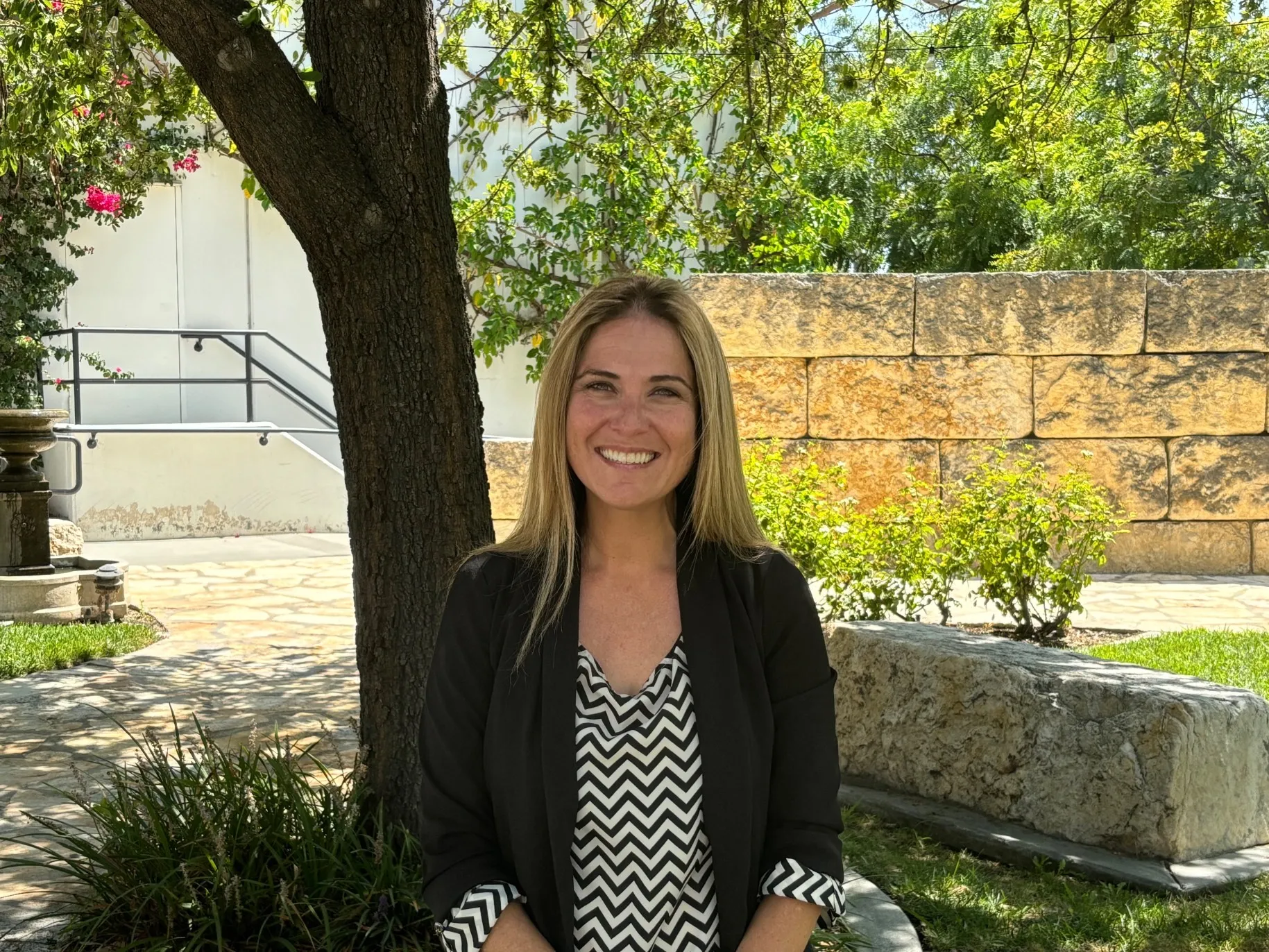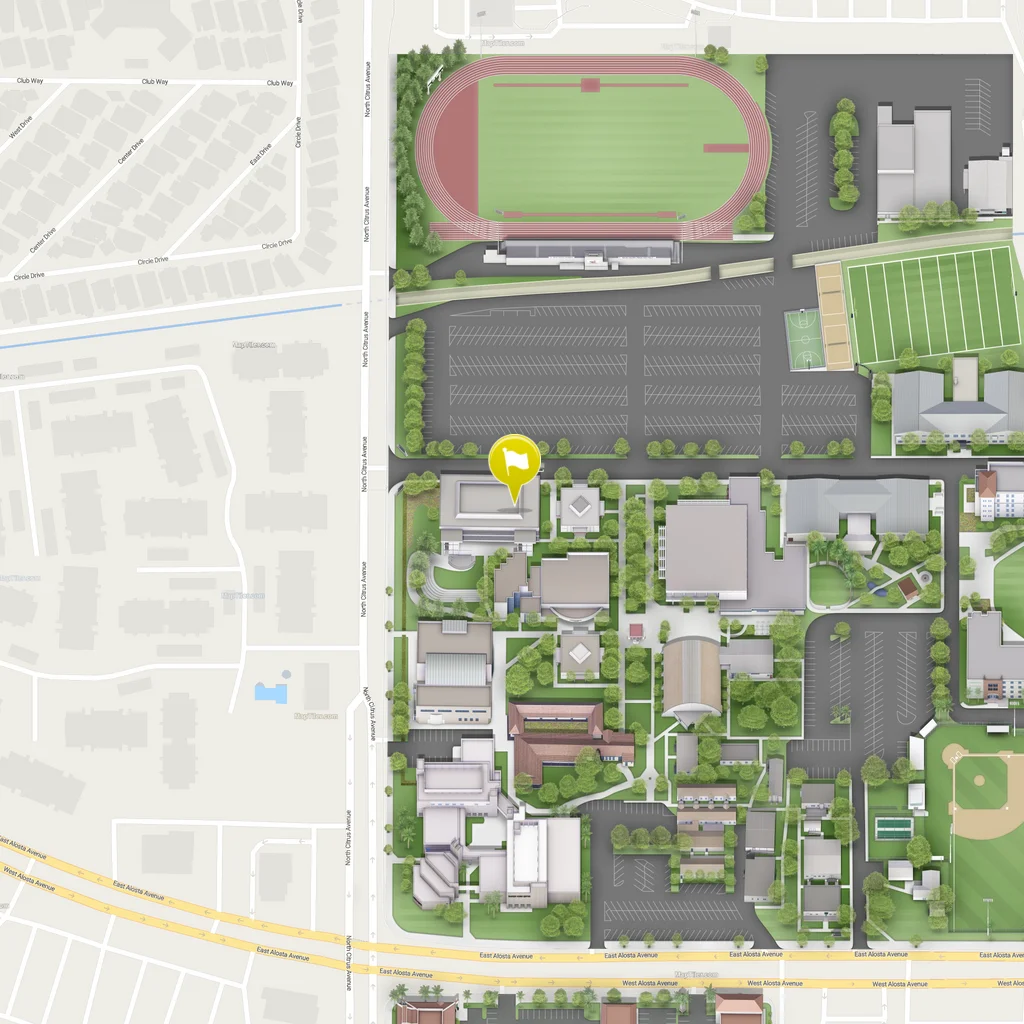
Department of Psychology
Equipping Students to Help Others
Azusa Pacific’s Department of Psychology is an energetic community of scholars equipping students to understand the field of psychology through academically rigorous coursework, hands-on laboratory research, internships with community agencies, and individual research projects—experiences that prepare students to be competitive in their careers or today’s top graduate school programs. Students also benefit from the expertise and diversity of the faculty, who provide them with a well-rounded experience to serve and make a global impact. The faculty seize every opportunity to foster the spiritual development of their students through intentional faith integration and pastoral care.
Azusa Pacific Ranked Among Best Colleges for Addiction Counseling Programs
Addiction Counselor, a leading provider of educational resources in the substance abuse counseling field, placed APU in its Top 75 Addiction Studies Programs, at No. 53.

Faculty Feature: A Calling With a Definite Purpose: Rachel Castaneda, PhD, Teaches Students to Love Like Jesus
Many professionals spend their career climbing the corporate ladder. They earn multiple degrees in order to make an impact in their field of study. They build rigorous programs, and make connections with fellow academics. Some earn grants and become renowned for their scholarly contributions.
Rachel Castaneda, PhD, has done all those things and more, yet you wouldn’t know when meeting her for the first time. Castaneda doesn’t just talk about service, she embeds it in every one of her actions as a psychology professor at Azusa Pacific University.
Meet Your Faculty-Mentors
You’ll experience a unique blend of academic rigor, experiential learning, and personal support from APU faculty and staff.
Meet the Faculty: Brian Collisson, PhD
Contact Information
Phone: (626) 815-6000, Ext. 2420
Email: psychologydepartment@apu.edu
Hours
Monday-Friday, 8:30 a.m.-4:30 p.m.
